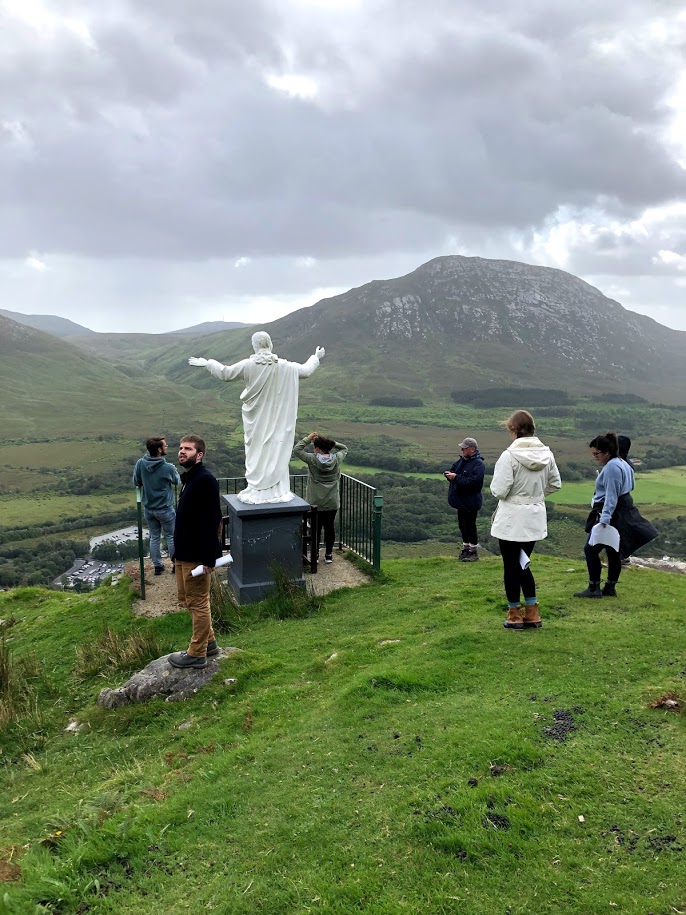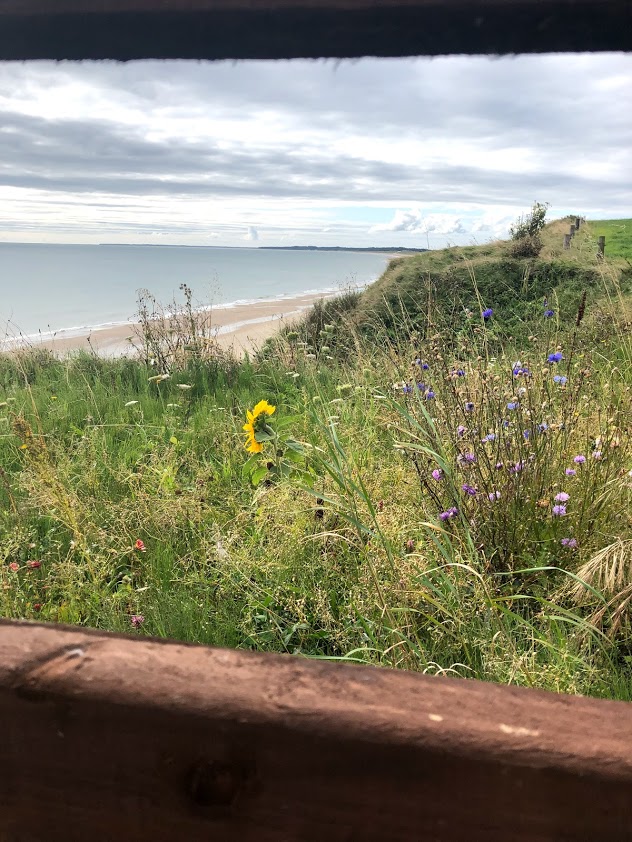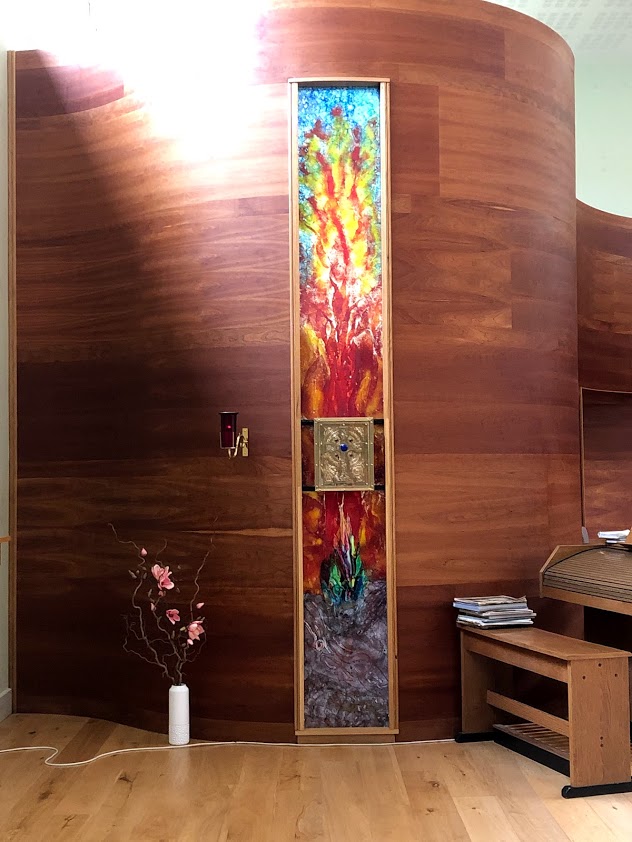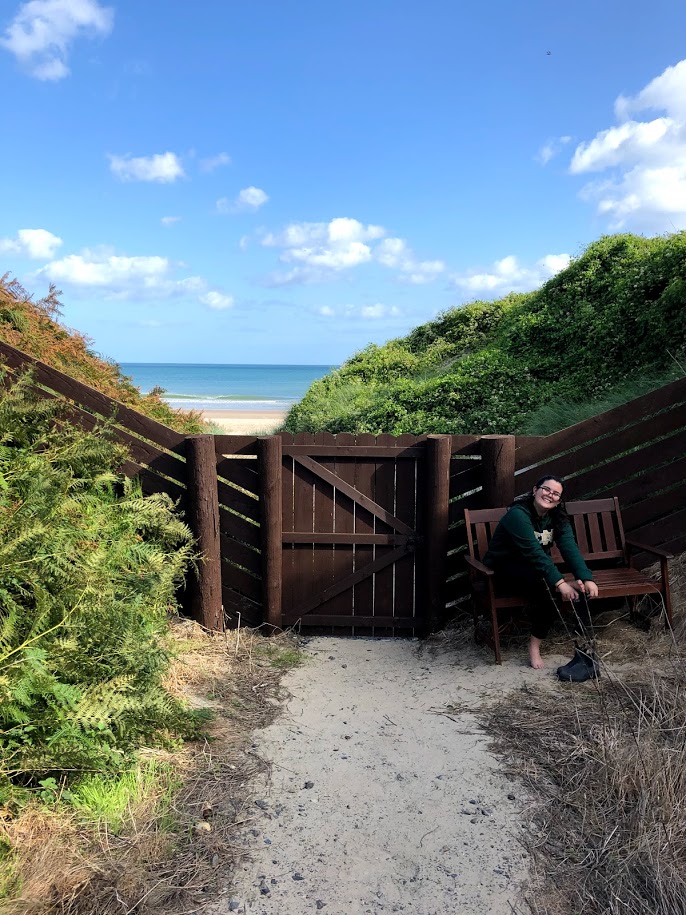When I was twelve years old, my dad taught me how to make coffee. We were hosting friends for a cookout when he pulled out our old percolator and handed me the coffee scoop, and with it, the immense responsibility of providing the entire party with after-dinner caffeine. It was an honor and a right; coffee is something of a sacred ritual in our household.
As soon as I took the scoop and can of grounds, however, I suddenly forgot how the grounds-to-water ratio worked – was it one scoop per cup? Or one tablespoon per cup, so that means half the scoops per cups of water? Or two scoops per cup? Frustrated, I had to hand the coffee scoop back to my dad and watch as he scooped one scoop per two cups of water, feeling somehow that I had failed in this most sacred duty. I was used to doing things myself, and I liked to do them well; my dad likes to tell the story of how I learned to bow before I learned to do anything worth bowing for. But here was a moment where I was handed a responsibility and couldn’t figure it out on my own.
When I was twenty-two years old, I moved to Wexford, Ireland, to be a part of the House of Brigid community and serve with the Clonard Parish team. Upon our arrival last Wednesday, after our gracious parish priests collected us from the bus station and showed us to the house that would be our home for the next year, two years for me, I made a beeline for the coffeemaker. We had been travelling since the morning of the day before and the strange time travel of transatlantic flights made coffee the first thing on my mind. However, as I pulled the coffee grounds and scoop out of the cabinet, I found myself once again faced with strange proportions: the scoop measured in milliliters. Suddenly, I was thrown back to the experience of being a twelve-year-old staring at a coffee scoop, trying to figure out its relationship to the water – if this is roughly equivalent to one tablespoon, then it should be one scoop per cup of water? But there are two different options for size of the cups – one scoop per small cup or large? This ritual that had once been so familiar, even mindless and soothing, was suddenly strange and perplexing.
Suddenly I found myself experiencing the world through the eyes of a child. Measurements are new and surprising, the washing machine is in the kitchen and I can’t figure out how it works, there are new words that I don’t understand and those I shouldn’t say. (Lift. The word is lift.)
Gratefully, mercifully, community life is a practice in acknowledging our common humanity, our imperfection, and in asking for help. While we sat in Mass last Sunday, the readings spoke to me in a particular way; I found myself laughing at God’s sense of humor. “My child, perform your tasks with humility,” the first reading requests, for, as the second reading insists, “you have approached the city of the living God, the heavenly Jerusalem, and countless angels in festal gathering, and the assembly of the firstborn enrolled in heaven” (Sirach 3:17; Hebrews 12:22). So, when the dryer and the WiFi shut off simultaneously, it is by the grace of community that I can send a text to Katherine asking for help, that Kati is busy troubleshooting, that Andrew can reach the fuse box, that Kelly Anne lets us use her load of laundry as the trial run, that Maddie is willing to provide support and love despite her frustration with the preclearance delays, that Shane will laugh about it when we’re (almost) all together over retreat a few days later and offer his advice, that Father Denis and Father Barry are patient in encouraging us to settle in and figure out the house, that Karen can call the alarm company when that also acts up, that the tea ladies are always in such good humor and make us feel welcome no matter how little we understand about Irish culture just now, that the whole of Clonard Parish has welcomed us so graciously, with open arms.
I’ve been rereading a book from one of my theology classes at university, and was overjoyed when I came upon this laud of childlike surprise as the moment of encountering God:
“As we age, we lose our sense of the intimate otherness of things; we allow habit to displace awe, inevitability to banish delight; we grow into adulthood and put away childish things. Thereafter there are only fleeting instants scattered throughout our lives when all at once, our defenses momentarily relaxed, we find ourselves brought to a pause by the sudden unanticipated sense of the utter uncanniness of the reality we inhabit, the startling fortuity and strangeness of everything familiar: how odd it is, and how unfathomable, that anything at all exists; how disconcerting that the world and one’s consciousness of it are simply there, joined in a single ineffable event” (David Bentley Hart, The Experience of God; Being, Consciousness, Bliss, 88).
This week has been an extended reminder of the beauty of community, of the delight of seeing the world again as a child, of the vulnerability required to trust God and the community I’ve been blessed with as we encounter the strangeness of everything that was once familiar. A reminder to humble myself and just ask how the coffeemaker works.

Andrew marvels at the mountain we climbed to reach the Sacred Heart of Jesus statue at Kylemore Abbey during our retreat this past week

A single sunflower surprised us at Ballyvalloo retreat center

The tabernacle at Kylemore Abbey somehow encapsulates this feeling of ontological surprise very well

Kati caught me taking her picture at Ballyvalloo
